Sudan timeline April-June 2023: Tensions between Sudanese army and the paramilitary RSF erupt into full-scale armed conflict
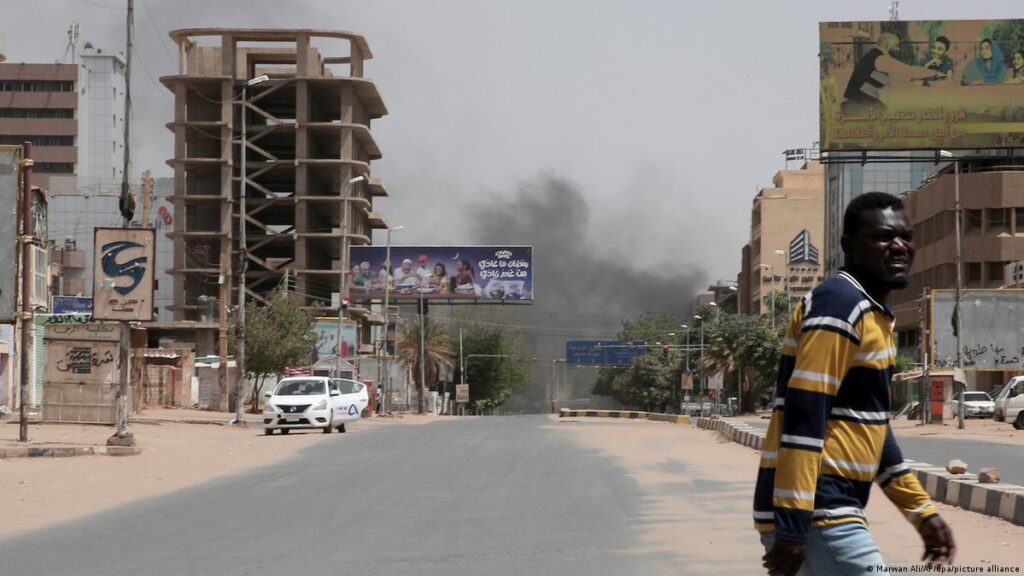
Fighting in the Sudanese capital (Photo supplied)
DABANGA SUDAN –
Tensions between the Sudan Armed Forces (SAF) and the paramilitary Rapid Support Forces (RSF) escalated and finally erupted into open conflict on April 15, sparking a humanitarian catastrophe in large parts of Sudan whilst countries scrambled to evacuate their citizens from Sudan. A series of humanitarian short-term truces negotiated in Jeddah offered some respite. However, reports of violations by both sides abound. Thousands of people fled the violence in the capital, while in Darfur – already scourged by years of civil war, poor security, and marauding bandits – ‘tribal tensions’ escalated into attacks that may amount to genocide.
The political process aiming to come to a final agreement between the junta and political groups was delayed by a dispute between the SAF and its paramilitary counterpart, the RSF, over military reform. The conflict triggered a full-fledged war that erupted in Khartoum on April 15. Darfur, which already witnessed widespread insecurity, became the second battlefield. Both warring parties, in particular the army, reject western, Arab, and African mediation proposals, saying that the armed conflict is an “internal matter”. Analysts fear a return of the former dictatorial regime in case the SAF wins the war.
By the second month of the conflict, the fighting concentrated in Khartoum and Darfur, although violence was also reported from Kordofan. El Geneina, capital of West Darfur, and surrounding areas continued to be attacked by RSF troops and militant Arab tribesmen. Thousands more Darfuri fled to Chad. UN aid convoys began to reach some of the displaced people and refugees despite security challenges.
After eight weeks of fighting, the humanitarian catastrophe in Sudan is glaringly apparent. World donors pledged $1.5 billion for Sudan relief, but experts warn of distribution challenges. The Jeddah talks are suspended as fighting continued despite the various ceasefires. The USA imposed sanctions on a number of Sudanese individuals and companies. People across Sudan face deteriorating living conditions. Attacks against the Masalit in El Geneina continue, more than 5,000 people, including the West Darfur governor, are reportedly killed. Doctors Without Borders (MSF called the city “the worst place on earth”, while others compared the continuing violence with the Rwanda genocide. In Khartoum, more people were killed by airstrikes targeting RSF soldiers, who have taken up positions in neighbourhoods.
April: The political process aiming to come to a final agreement between the junta and political groups is delayed by a dispute between Sudanese army commanders and those of the paramilitary RSF over military reform. The conflict leads to a full-fledged war that erupts in Khartoum on April 15. Darfur which already witnessed widespread insecurity becomes the second battlefield. Both warring parties refuse western, Arab, African mediation proposals, saying that the armed conflict is an “internal matter”. Analysts fear a return of the former dictatorial regime in case the SAF wins the war. Various humanitarian truces, mediated by the USA and Saudi Arabia in Jeddah, do not hold.
April 1: Blue Nile region is dealing with a humanitarian emergency situation caused by the spontaneous return of 60,000 refugees from South Sudan and Ethiopia. The Sudanese Teachers Committee extends the suspension of the nationwide strike.
April 2: A West Darfur official denies new attacks on Tendelti. The Khartoum Health Insurance Corporation reports financial problems.
April 3: Leading political groups postpone the signing of the Final Agreement with the junta, to give the SAF and RSF time to resolve their differences over military reform.
April 4: Activists in River Nile state barricade the Khartoum-Port Sudan highway to protest gold mining activities in the region.
April 5: The mainstream Forces for Freedom and Change, the FFC-Central Council, reports a breakthrough on the reform of the country’s military and security institutions. Travellers in eastern Sudan complain of growing insecurity.
April 6: The first Darfur regional agricultural forum starts in North Darfur. Activists in Northern State criticise the Northern Shield Forces militia formed by followers of ousted President Omar Al Bashir. Nuba who fled Misseriya attacks in West Kordofan begin to arrive in Kadugli.
April 7: The chairman of the Sovereignty Council and Commander of the Sudan Armed Forces (SAF), Lt Gen Abdelfattah El Burhan, urges political and other forces to prioritise national interests.
April 8: UN High Commissioner for Human Rights Volker Türk expresses alarm at the tense situation in Sudan. The FFC-CC is organising a conference to advance the ongoing political process. The head of the Justice and Equality Movement (JEM), Finance Minister Jibril Ibrahim, holds the Sudanese army and the RSF responsible for the growing insecurity in the country. State schoolteachers in the country embark on a strike to protest the delay in the payment of their salaries.
April 9: Attacks in North Darfur leave five dead, including a policeman. People in El Tadamon in South Kordofan oppose ‘hazardous mining’ activities.
April 10: An unknown number of people are killed in a revenge attack on Foro Baranga in West Darfur. Birkat Seira in North Darfur witnesses similar attacks. Residents of El Obeid, capital of North Kordofan, protest a month-long drinking water crisis. El Gedaref is also witnessing water shortages.
April 11: A man is arrested after calling for a fatwa authorising the assassination of Volker Perthes, UN Special Representative and head of the UN Integrated Transition Assistance Mission in Sudan (UNITAMS).
April 12: An emergency meeting in Khartoum discusses the mass attacks on Foro Baranga.
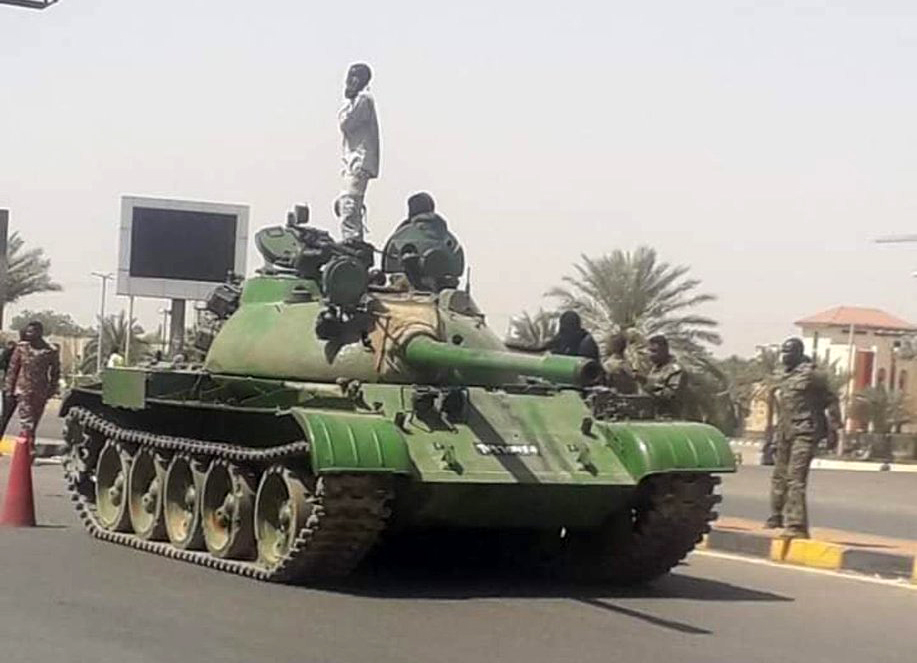
April 13: The SAF denounces the increased deployment of RSF troops in Khartoum and northern Sudan.
April 14: Concerns over a possible escalation of SAF-RSF tensions grow.
April 15: The SAF-RSF tensions explode in Khartoum and Merowe. At least 50 people are killed as fighting also erupts in other parts of the country.
April 16: International leaders voice condemnation for the military clashes.
April 17: Mediation efforts fail as the warring parties refuse to communicate with each other. Doctors report at least 97 people killed in “the absurd and bloody fighting”. At least 18 hospitals in the country are closed because of the violence. More than 50 people are killed in battles in El Obeid. The war sparks widespread looting in Darfur. El Burhan dissolves the RSF, calling it a ‘rebel force’. RSF Commander Lt Gen Mohamed ‘Hemedti’ Dagalo brands his war against the SAF as a fight against former regime Islamists. An analysts says that a SAF victory may mean the return of the Al Bashir regime.
April 18: UN S-G António Guterres appeals to Sudan’s warring factions to cease hostilities. The Trilateral Mechanism (UNITAMS, AU, and the Intergovernmental Authority on Development-IGAD) stress the importance of a humanitarian pause. A one-day ceasefire officially starts at 18:00 today.
April 19: Khartoum witnesses an exodus. The one-day humanitarian ceasefire failed. Chad fears rising tribal tensions in case the RSF wins the war.
April 21: The RSF announce a 72-hour ceasefire to coincide with Eid El Fitr that begins today. Shooting however continues in Khartoum. Attacks on prisons in the capital free thousands of inmates, including prominent Islamist hardliners. UN agencies warn of a collapse of the health system in the country.
April 22: Countries scramble to evacuate foreign diplomats and nationals from Sudan. At least 413 people have died and more than 3,500 have been injured since April 15.
April 23: Internet connections are witnessing outages. USAID deploys a ‘disaster team’ for Sudan.
April 24: Fierce attacks are reported from El Geneina, capital of West Darfur. In El Fasher, army and RSF commanders extend a three-day civilian-brokered truce. Civil initiatives also led to relative calm in Nyala. International evacuation efforts are continuing.
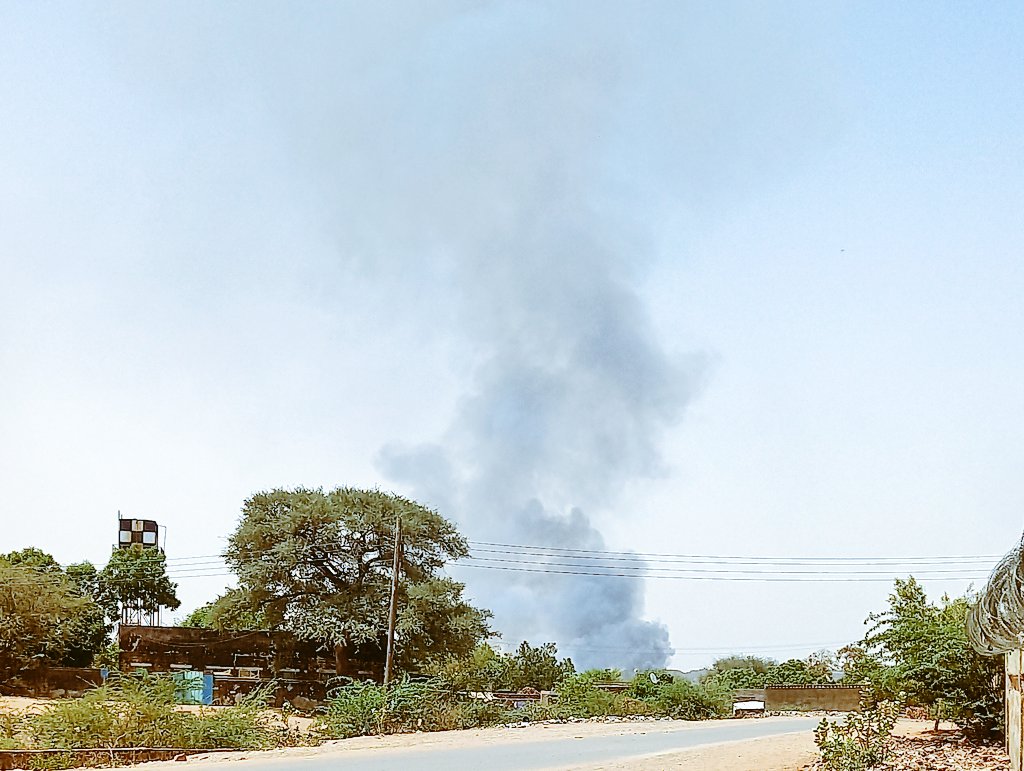
April 25: A new 72-hour ceasefire, mediated by the USA and Saudi Arabia, starts at midnight. The fighting in El Geneina turns tribal with Arab tribesmen attacking Masalit in the city. Prisoners in North, South and East Darfur are released because of a lack of food and water.
April 27: The situation in the West Darfur capital becomes ‘catastrophic’. IGAD proposes to organise a meeting between the leaders of the warring parties, while the US State Department says it will attempt to mediate a permanent truce. Former President Al Bashir and affiliated officials are being guarded at a military hospital in Omdurman. Fleeing Sudanese face dire conditions at Egyptian border crossings.
April 28: Millions of Sudanese are facing critical shortages of food and water. Countries in the region fear an escalation of the conflict in Sudan.
April 29: Also the fifth ceasefire since the start of the war does not hold. At least 538 civilians have been killed and 4,599 injured since April 15. Former PM Abdallah Hamdok warns that war could become a “nightmare for the world”.
April 30: The head of the El Geneina camp for displaced people reports 200 dead. At least 70 per cent of the hospitals in the country are reportedly out of service.
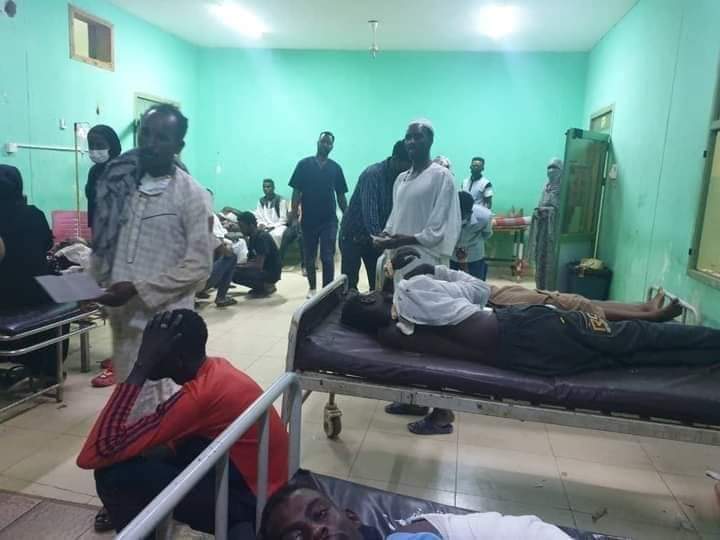
May: Battles between the Sudanese army and its paramilitary counterpart continue. The warring parties send representatives to conduct negotiations in Saudi Arabia, where they both agree on new armistices that are all violated. The fighting seems to concentrate in Khartoum and Darfur, although violence is also reported from Kordofan. In particular the area of El Geneina continues to be attacked by RSF troops and militant Arab tribesmen. Thousands more residents flee to Chad. Darfur Governor Minni Minawi urges the Darfuri to take up arms to defend themselves. More markets, banks, government institutions, and offices are plundered in Khartoum. El Burhan replaces Hemedti as vice president of the Sovereignty Council by rebel leader Malik Agar. He also demands the replacement of UNITAMS head Volker Perthes. The USA intends to impose sanctions on “certain persons destabilising Sudan”. In end May, the UN dispatches an aid convoy of at least 100 lorries to various places in Sudan.
May 1: People in Port Sudan and Wad Madani report overcrowding and shortages. The warring parties have agreed to US-Saudi-brokered negotiations. The AU and the United Arab Emirates (UAE) also come with initiatives for peace talks. An analyst calls for targeted economic sanctions on Sudan’s warring generals.
May 2: Sudanese appeal to representatives of the Trilateral Mechanism, AU, UN, IGAD, Sudan Troika, Sudan Quartet and other envoys meeting in Addis Ababa today, to discuss the humanitarian crisis in Sudan. Attacks on El Geneina continue, while the truce in El Fasher is holding.
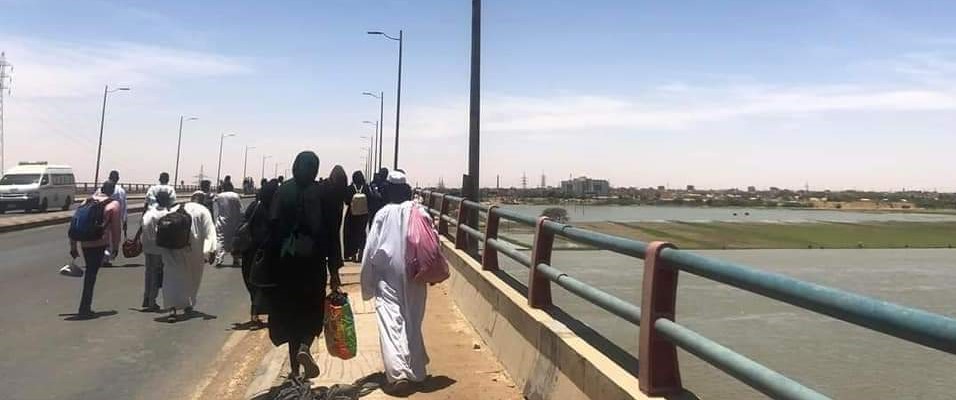
May 3: The truce signed by tribal parties in El Geneina yesterday leads to a ‘cautious calm’. UN S-G Guterres fears that the Sudanese armed conflict will “explode into a war that will affect the region for years to come”. The plight of press freedom remains under an ever-present threat.
May 4: The USA will impose sanctions on “certain persons destabilising Sudan”.
May 5: Shortages worsen the humanitarian crisis in Khartoum and Kordofan.
May 6: Representatives of the army and RSF begin ‘pre-negotiation talks’ in Jeddah in Saudi Arabia. Sudanese activists call for participation in ‘the peace talks’.
May 7: South Darfur traders warn of an imminent food gap in the region. RSF troops occupy the Virgin Mary Cathedral in Khartoum. Medical doctors highlight the severe challenges they face at the hands of the warring parties. The Ansar Affairs Authority issues a fatwa against theft amidst increased looting in Khartoum.
May 8: Governor of Darfur Minni Minawi returns from Khartoum and redeploys his troops. A Sudanese analyst predicts a prolonged civil war in Sudan. Representatives of the SAF and RSF engage in preliminary, ‘secretive’ talks in Jeddah.
May 9: The RSF say that the Republican Palace is “destroyed by an airstrike”. Military propaganda campaigns are escalating in the country. Experts call for broader targeted sanctions. The UN World Food Programme (WFP) resumes its operations in the country.
May 10: The EU launches a humanitarian air bridge. While the police remain absent in Khartoum, calls for arming civilians to protect their property, are growing.
May 11: Representatives of the SAF and the RSF in Jeddah sign the Declaration of Commitment to Protect the Civilians of Sudan. Many people in Khartoum are running out of cash. Sudanese journalists are accused of siding with one of the warring parties.
May 12: El Fasher has been witnessing intense fighting in the past days. The FFC-CC welcomes the SAF-RSF agreement. Rapes are reported in Khartoum.
May 13: More than 100 people are killed in new attacks on El Geneina. Sudan’s only factory manufacturing ‘Plumpy Nut’ burns to ashes.
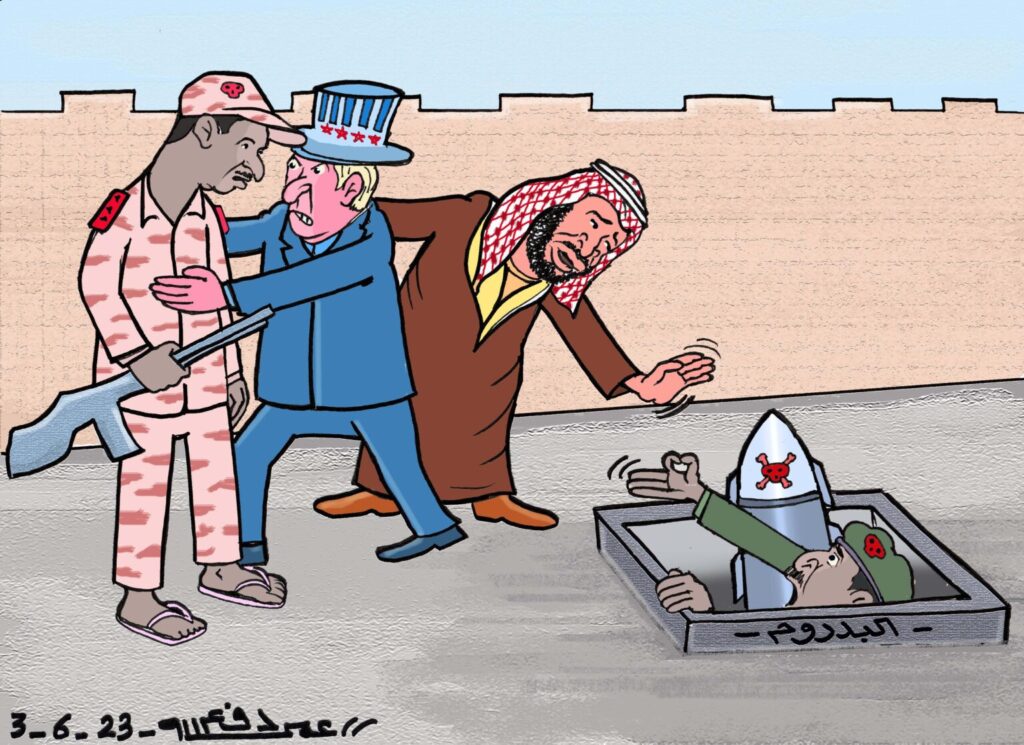
May 14: Nearly a million Sudanese have fled their homes. More than 750 people have been killed and 5,000 others injured. The Jeddah talks resume while fighting in Khartoum intensifies. A church is attacked, two mosques are bombed, and two hospitals are raided. Pharmacists accuse the RSF of hindering the transport of medicines in the country. El Burhan freezes bank accounts of the RSF.
May 15: At least 2,000 people have reportedly been killed in the attacks on El Geneina and surrounding areas.
May 16: UNITAMS head Volker Perthes tells Radio Dabanga that a quick military settlement is out of the question. RSF troops occupy another cathedral in Khartoum.
May 17: WFP intends to ramp up food aid for 4.9 million people in Sudan.
May 18: Emergency Lawyers report that both SAF and RSF detained hundreds of people in Khartoum. About 25.7 million people are in need of humanitarian aidin Sudan and across its borders. The war alarms the world’s gum arabic market.
May 19: ‘Above-normal rainfall’ is expected during the June-September rainy season.
May 20: The SAF and RSF sign a week-long ceasefire to facilitate humanitarian response. El Burhan sacks Hemedti as vice president of the Sovereignty Council and appoints Malik Agar instead. The Sudan Journalists Syndicate demands the RSF to leave the national broadcast buildings in Omdurman.
May 21: Consignments of essential medicines provided by international aid organisations have reportedly been delivered to 11 states.
May 22: Fighting in the country continues despite the start of the new, seven-day humanitarian ceasefire in the evening. The West Darfur capital El Geneina, suffering from a communication blackout, witnesses new attacks. The SAF requests resistance committees to continue facilitating the distribution of humanitarian relief items during the truce. The ceasefire, the seventh since the war erupted, is welcomed in Sudan and abroad. UNITAMS head Perthes tells the UN Security Council that the military commanders’ choice to resolve their conflict on the battlefield is ravaging Sudan.
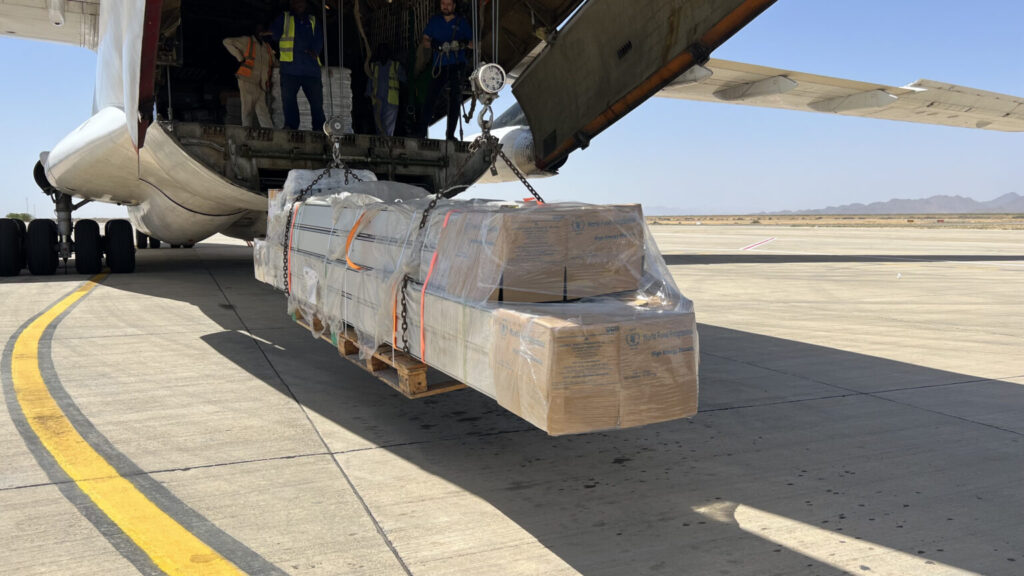
May 23: Shooting continues in parts of Khartoum and El Obeid. Zalingei, capital of Central Darfur, witnessed various attacks in the past days.
May 24: The SAF and RSF swap accusations of ceasefire violations. Banditry deepens the suffering in Darfur and Kordofan.
May 25: More international aid arrives in Port Sudan. Thousands of people flee from Khartoum and El Obeid to Abyei and the Nuba Mountains or to Port Sudan. The army starts to mobilise reservists. An RSF advisor accuses Military Intelligence of fuelling hatred against the militia.
May 26: El Burhan demands the replacement of Volker Perthes, UN Special Representative in Sudan.
May 27: The US-Saudi facilitators urge an extension of the current truce. People in poor suburbs of Omdurman complain about soaring food prices and gangs roaming the streets.
May 28: Thousands more West Darfuri flee to Chad after renewed violence. More rapes are reported in Khartoum and Darfur. Darfur Governor Minni Minawi urges the people in the region to take up arms to protect themselves. Raids and detentions continue in Khartoum. People are held by the RSF in a “suffocating cellar”.
May 29: Battles continue in Omdurman and Khartoum North today, the last day of the truce. Fighting also continues in parts of Darfur, in particular in and around El Fasher. The humanitarian situation is rapidly deteriorating as the clashes impede the provision of aid. The UNHCR calls on countries to keep their borders open to the growing number of Sudanese refugees. A UN aid convoy of at least 100 lorries reaches its destinations across Sudan. The SAF and RSF agree to extend the shaky ceasefire with another five days.
May 30: ‘Cautious calm’ is reported from Khartoum on the second day of the extended truce.
May 31: Heavy shelling in Khartoum’s ‘southern belt’ suburbs leaves 17 people dead. At least 12 people are killed in an air strike near a camel market in Omdurman. The SAF announces its withdrawal from the US-Saudi facilitated Jeddah talks because of the RSF’s violations of the truces. Doctors Without Borders (MSF) criticises the delays in processing Sudanese entry visas for foreign specialist medical teams. More than 13.6 million children are in urgent need of life-saving support.
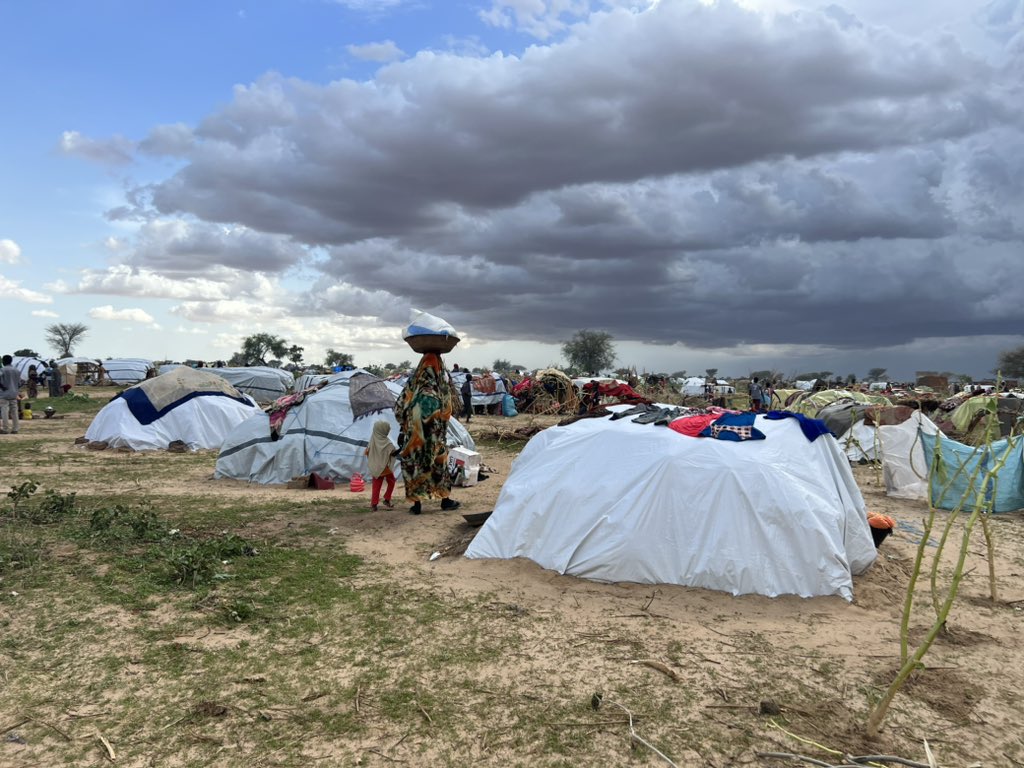
June: The Jeddah talks are suspended because fighting continues despite the truces. The USA imposes sanctions on a number of Sudanese individuals and companies. People across Sudan face deteriorating living conditions. Attacks against the Masalit in El Geneina continue, more than 5,000 people are reportedly killed. Including the West Darfur governor. MSF calls the city “the worst place on earth”, while others compare the continuing violence with the Rwanda genocide. In Khartoum, more people are killed by airstrikes targeting RSF soldiers who have taken up positions in neighbourhoods. World donors pledge $1.5 billion for Sudan relief, while experts warn of distribution challenges.
June 1: The joint US-Saudi Arabian facilitators suspend the Jeddah talks between the SAF and RSF because of repeated violations of previous ceasefires. The USA imposes visa restrictions on “specific individuals in Sudan” and other sanctions on four companies profiting from the conflict. WFP warehouses in El Obeid in North Kordofan are plundered. People across Sudan face soaring prices and communication breakdowns. Violence continues and services deteriorate further in Darfur.
June 2: UNSC extends the mandate of UNITAMS for six months. IGAD continues its mediation efforts to end the war.
June 4: Fighting between the SAF and RSF in Darfur and in the capital intensifies. The US-Saudi Arabian facilitators ‘stand ready’ to resume the talks. The West Darfur capital El Geneina is reportedly “obliterated”. Governor Minni Minawi declares Darfur a ‘disaster area’.
June 5: The RSF take control of Kutum, North Darfur. Khartoum state’s water supply is in danger as the RSF are in control of four water stations.
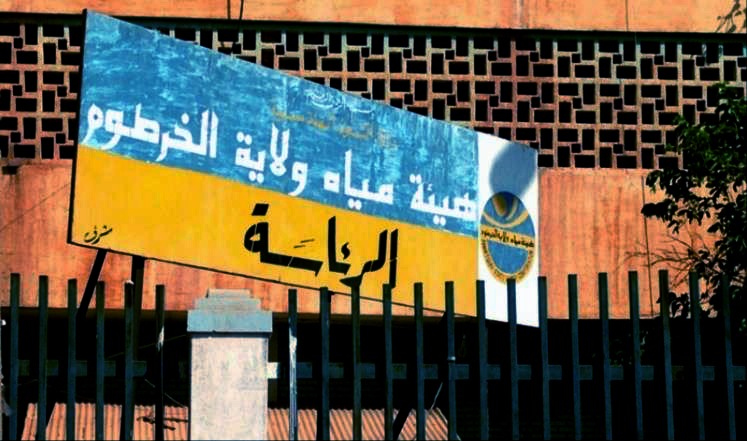
June 6: Heavy fighting persists in Khartoum and the Emergency Lawyers warns of a humanitarian catastrophe. The federal Ministry of Health reports severe shortages of medical supplies, while UN agencies are providing humanitarian relief despite the violence. Reports of sexual harassment and rapes in the country are increasing.
June 7: The West Darfur deputy governor laments the “inconceivable magnitude” of suffering in El Geneina. Health sources in El Obeid report alarming child mortality rates. The Friends of Sudan member countries express their deep concern over the catastrophic humanitarian situation in the country. The USA and Saudi Arabia propose a new, 24-hour humanitarian ceasefire ‘under rigorous surveillance’. Intense fighting breaks out over the Yarmouk military plant in southern Khartoum. El Geneina witnesses new attacks, while RSF soldiers are assaulting people in Kutum.
June 8: The war in Sudan has caused ‘economic losses of $4 billion’ so far.
June 9: The UN condemns El Burhan’s decision to declare UNITAMS head Perthes persona non grata.
June 10: The Sudanese Red Crescent Society suspends its activities because of the violence.
June 11: Heavy fighting erupts again in various parts of Khartoum after a 24-hour ceasefire lapsed this early morning. The SAF accuses the RSF ‘rebel militia’ of hiding in residential areas in the capital, to escape targeted bombing. The US Department of State launches the Sudan Conflict Observatory platform.
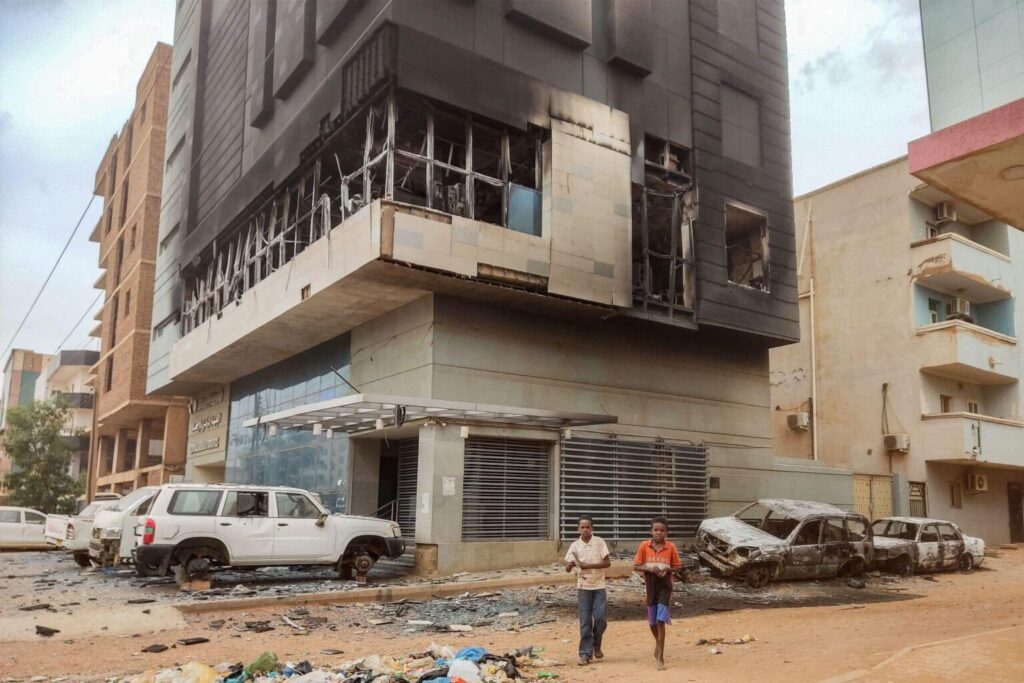
June 12: The IGAD summit in Djibouti calls for an El Burhan-Hemedti meeting to agree on a new ceasefire. A rebel leader in Zalingei calls for humanitarian intervention and military support in the area. The RSF besieges El Obeid from all sides. Army soldiers in Khartoum are reportedly targeting young Misseriya tribesmen. According to the Sudanese Combating Violence Against Women Unit, the documented rape cases “represent two per cent of the actual numbers”. The Sudanese Journalists Syndicate says that dozens of journalists faced abuses during the war.
June 13: White Nile state is struggling to cope with the arrival of more people fleeing Khartoum. Many wounded in El Geneina die because of a lack of medical supplies. The North Darfur government declares Kutum a ‘disaster area’. Humanitarian aid convoys for all states in Darfur arrive in El Fasher. UNITAMS head Volker Perthes says that ethnically based attacks in Darfur could amount to crimes against humanity.
June 14: West Darfur Governor Khamees Abakar is killed. The West Darfur Refugees Commissioner calls the situation in West Darfur ‘worse than Rwanda’. Fighting in North Kordofan’s El Rahad triggers a mass exodus. Nearly 180,000 people who fled Khartoum have arrived in South Kordofan areas controlled by the Sudan People’s Liberation Movement-North under the leadership of Abdelaziz El Hilu (SPLM-N El Hilu). The war in Sudan ‘poses a myriad of challenges for Chad’. The International Red Cross appeals to Sudan’s warring parties to allow the passage of humanitarian aid.
June 15: The war enters its third month as fighting intensifies. The failure of the truces so far is attributed to the lack of the RSF’s “control over its personnel”. The RSF and allied Arab militant tribesmen are accused of the murder of the West Darfur governor. Civil society organisations call on the ‘silent international community’ to condemn the ‘heinous crimes’ in West Darfur.
June 16: Reports on rapes continue to rise in the country. Nearly 230 people ‘disappeared’ in the country.
June 17: The joint facilitators in Jeddah tell the warring parties to deescalate the conflict or risk the Jeddah talks being adjourned.
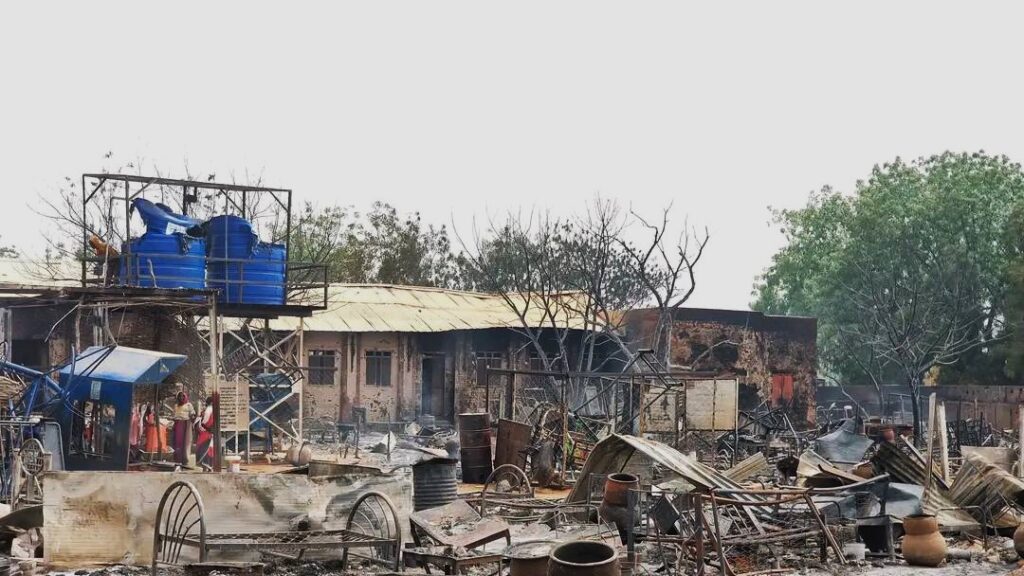
June 18: The Famine Early Warning Systems Network (FEWS NET) expects that the number of Sudanese in need of food aid will be one of the highest in the world by the end of 2023. Military Intelligence agents continue to detain activists in the country. Survivors from the attacks on El Geneina give horrifying testimonies on West Darfur ethnic targeting.
June 19: World donors pledge $1.5 billion for Sudan relief, while experts warn of distribution challenges. The Sultanate of Dar Masalit says that more than 5,000 people have been killed and about 8,000 were left wounded in 17 attacks on El Geneina since April 24. At least 15 civilians are killed in SAF-RSF battles in North Darfur’s Tawila. Radio Dabanga receives reports of raids, rapes, and robberies from South Kordofan.
June 20: More than 2.5 million Sudanese have fled their homes since the artart of the war. Native administration leaders in North Kordofan convince the RSF to secure the El Obeid-El Rahad road.
June 21: Fighting resumes in Khartoum following the end of a 72-hour ceasefire. In South Kordofan, RSF attack an army base near Debibad, while SPLM-N El Hilu fighters attack SAF positions in Delling. Concerns are mounting regarding the fulfilment of $1.5 billion pledged for humanitarian relief in Sudan.
June 22: The fighting in Khartoum continues. Fleeing Darfuri face assaults on the road to Chad.
June 23: More than 20 people are killed in SAF-RSF battles in Nyala. The fate of dozens of Sudanese journalists in the country remains unknown.
June 24: Dozens of civilians die in Khartoum battles.
June 25: Nearly 20,000 people in Tawila, North Darfur, flee to El Fasher. International rescue operations are underway to evacuate West Darfur refugees.
June 26: About 70 per cent of the people in El Geneina have fled the city. The health situation in Zalinei is rapidly deteriorating after attacks by RSF soldiers and gunmen. In Khartoum, the RSF takes control of Central Reserve Police HQ in Khartoum. The SAF claims victory over SPLM-N El Hilu fighters in Blue Nile region’s Kurmuk. People in White Nile state claim that aid arrived two months ago but has not been distributed yet. INGOs urge USA, UK, EU, and Canada to ratchet up pressure to end Sudan conflict.
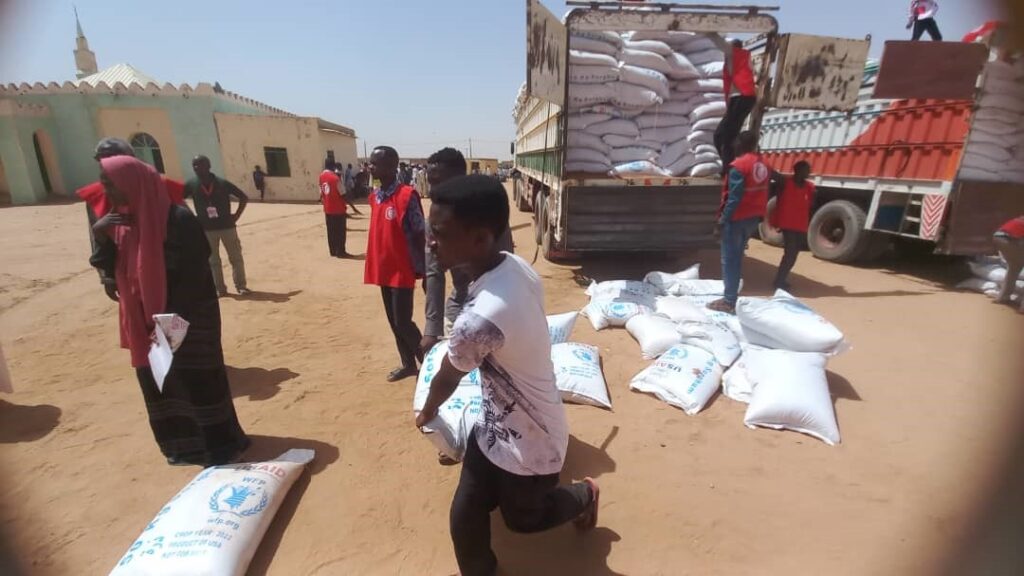
June 27: RSF soldiers attack Zalingei, RSF-affiliated gunmen raid Manawashi. El Burhan ‘accepts any Turkish proposal to bring peace to Sudan’.
June 28: On the occasion of the Muslim Feast of the Sacrifice today, both warring sides unilaterally announced a short ceasefire, which are violated immediately. Civilian groups in El Fasher have convinced the warring parties to stop fighting in the area. Native Administration leaders in South Kordofan will launch a similar initiative. The Sudan Troika, civil society organisations, and other initiatives demand an end to the fighting. El Burhan calls on ‘young and capable’ Sudanese to join the fight against the RSF.
June 29: Malik Agar, the new deputy chair of the Sovereignty Council, visits Moscow. The continuing lack of water in Khartoum North led to the cessation of most of the services in the city.
June 30: The SPLM-N El Hilu wins terrain in South Kordofan. The African Centre for Justice and Peace Studies (ACJPS) calls for accountability regarding war crimes in Sudan.
Previous timelines
Sudan timeline April-June 2020: Covid-19 marks all aspects of life, inflation soars
Sudan timeline January-March 2020: Little relief to the country’s economic, security woes
Sudan timeline October-December 2019: Interim government put to the test
Sudan timeline July-September 2019: Turbulent transformation from tyranny








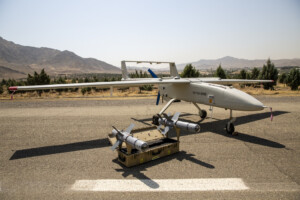
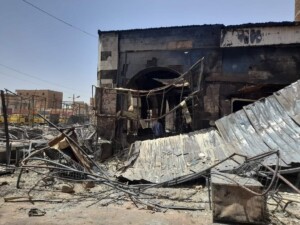

 and then
and then